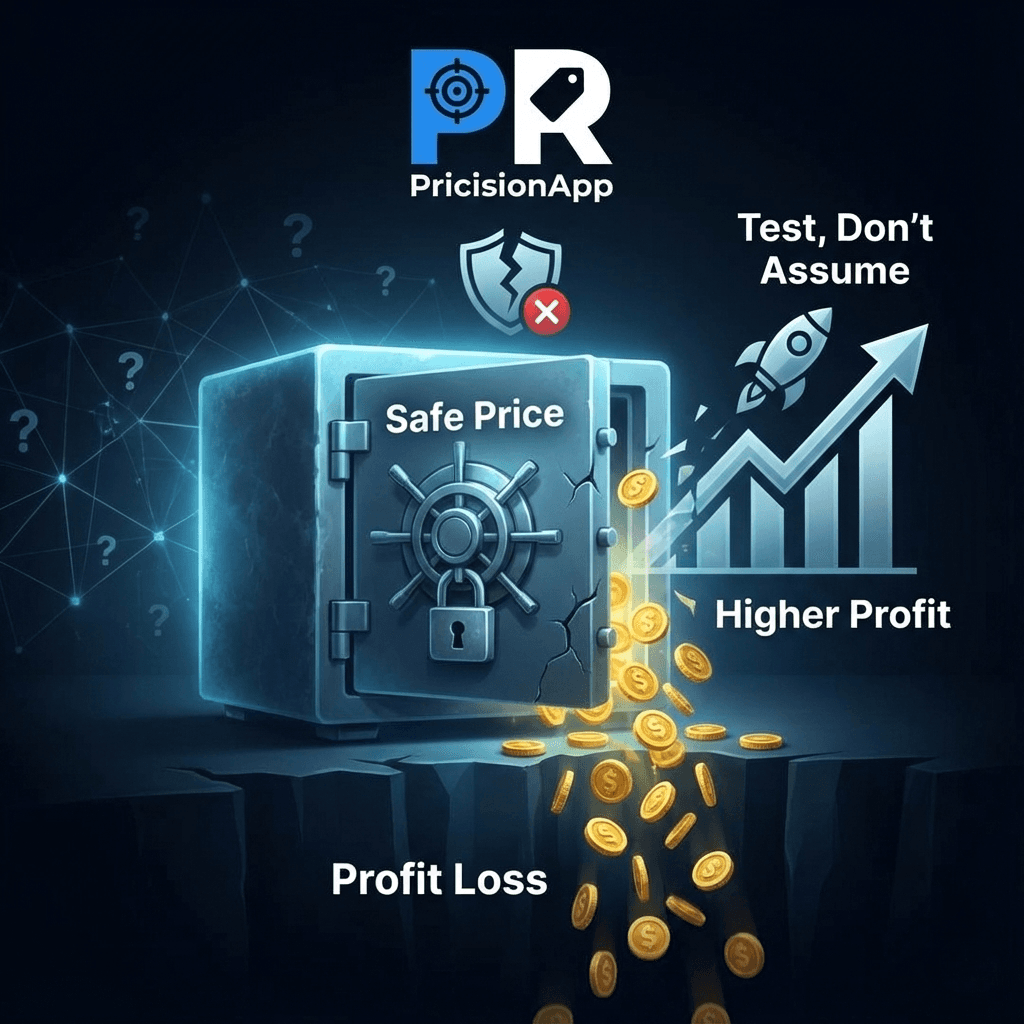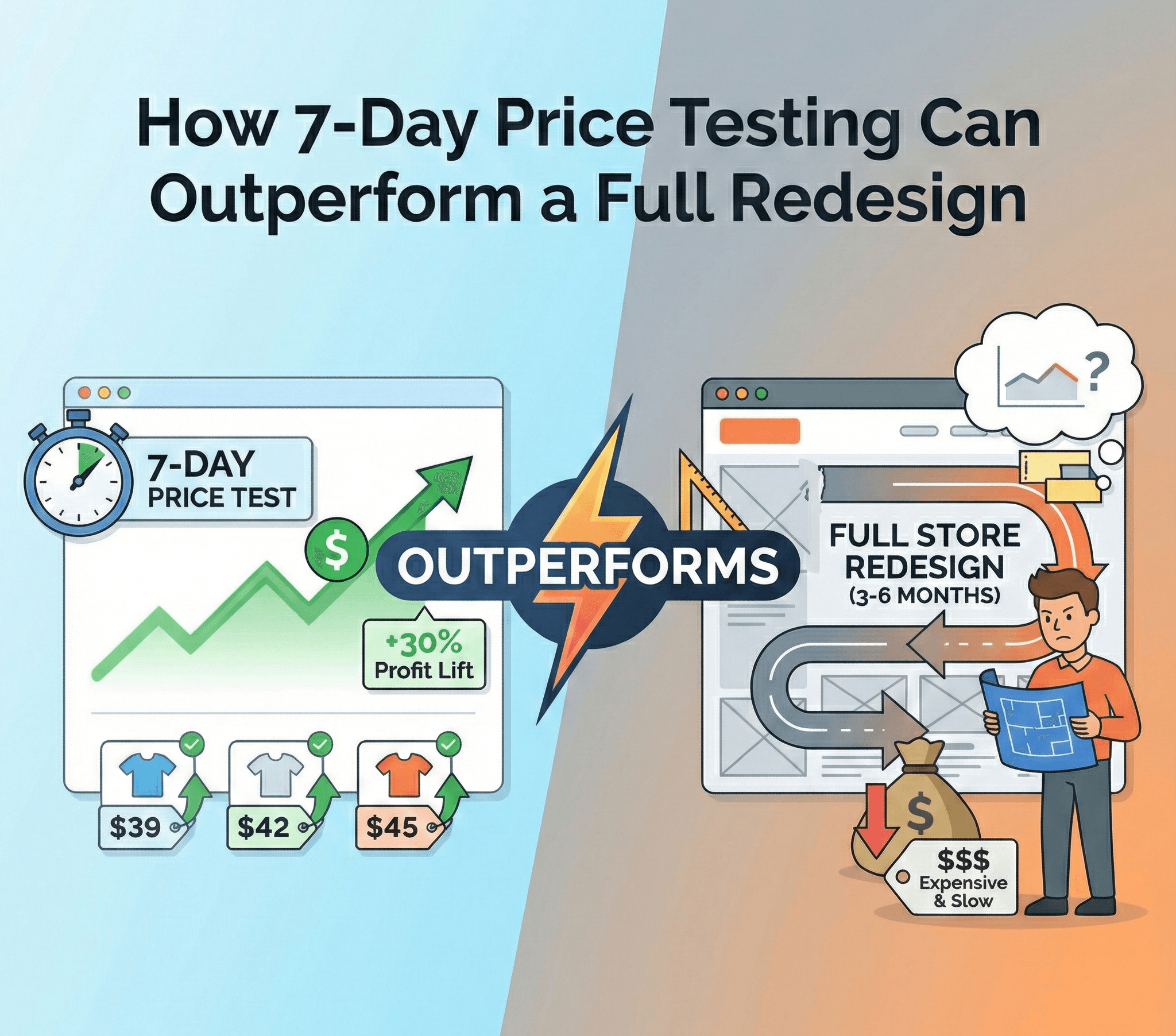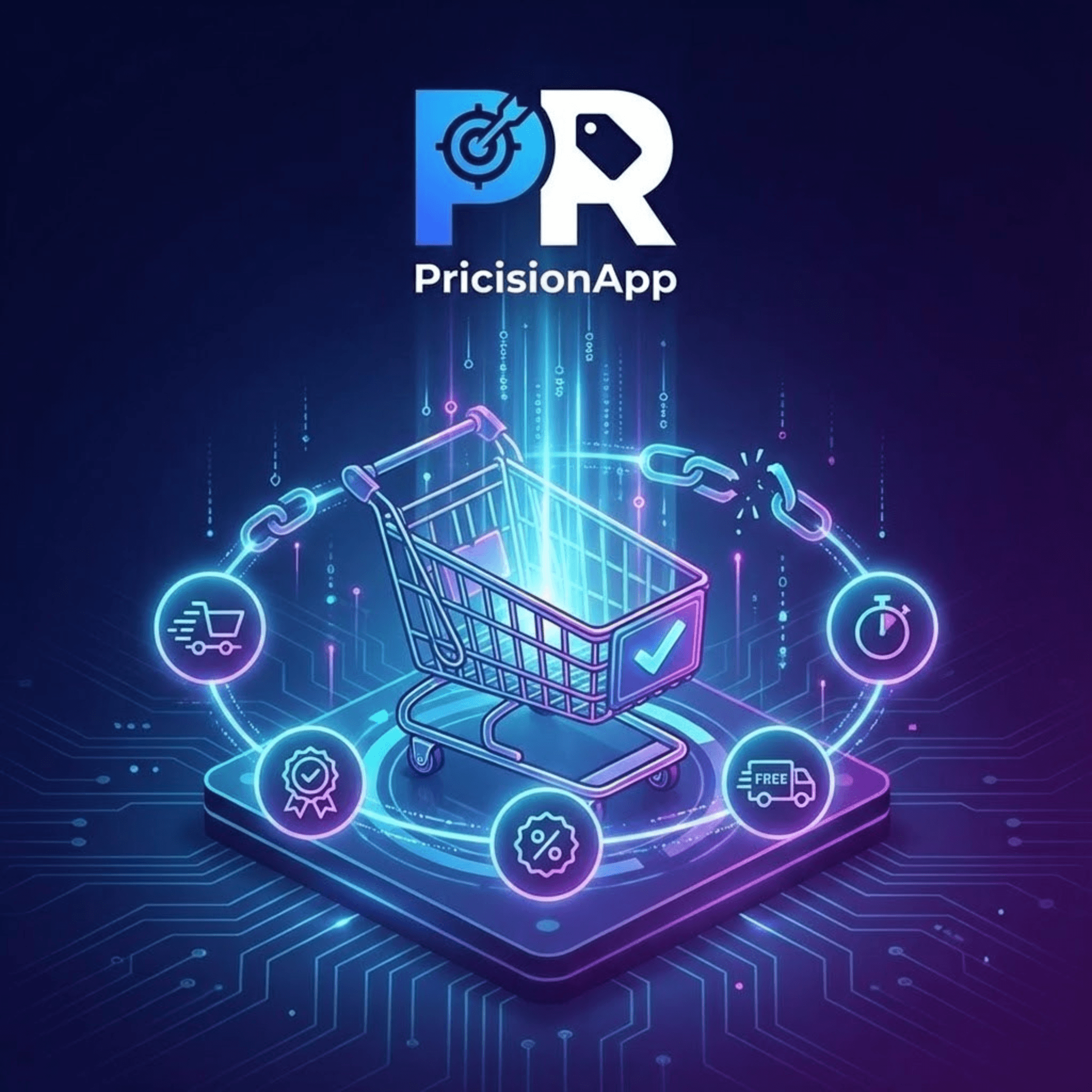Stage 1
Reactive Pricing
Guessing based on competitors and intuition — fast but fragile.
Stage 2
Data-Driven Testing
Using analytics, A/B testing, and demand mapping to validate decisions.
Stage 3
Systemized Optimization
Automated loops that continuously find, test, and apply the best prices.
The best brands don’t chase perfect prices — they build pricing systems. Move from guesswork to growth by combining experimentation, automation, and data clarity to make every price a profit lever.
📉 The Problem with “Set and Forget” Pricing
Most Shopify stores treat pricing as a one-time task: set it once, move on. But customer behavior, ad costs, and competition shift constantly — meaning static prices silently lose profit every quarter.
The result? Margin leaks, missed AOV growth, and overreliance on discounts to recover lost sales.
🧩 The 3 Pillars of a Pricing System
1. Structure
Define roles, rules, and repeatable workflows for how prices are set, tested, and updated.
2. Insights
Gather data on CVR, RPV, and margin to inform every change. Replace opinion with measurement.
3. Automation
Use tools like Pricision to automate price tests and roll out winners instantly across SKUs.
📈 What a Mature Pricing System Looks Like
Predictive Pricing Loops
Data models predict optimal price ranges before running experiments — saving time and risk.
Profit Guardrails
Built-in limits ensure no test or promo drops margin below a sustainable threshold.
🚀 Steps to Move from Chaos to Clarity
- Audit your current pricing approach — how often do you update or test?
Define KPIs like profit/visitor and margin stability.
- Start structured A/B/n testing with your top SKUs.
Automate insights → decisions → actions using Pricision.
Stop managing prices manually. Build a system that learns, adapts, and optimizes automatically — giving you clarity, control, and compound growth.
Start Free Trial →



